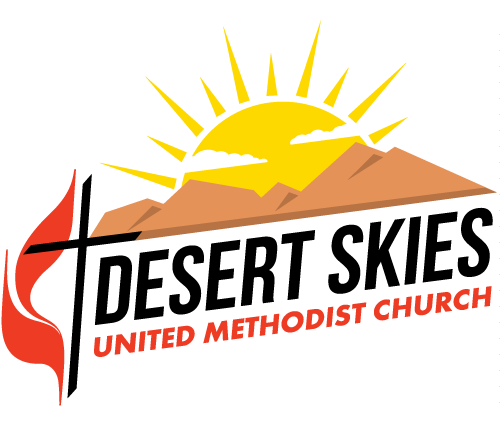Straight from the Heart – April 26, 2020
Straight from the Heart – April 26, 2020
Scripture: Now that you have purified your souls by your obedience to the truth so that you have genuine mutual love, love one another deeply from the heart. (I Peter 1:22)
When he was at the table with them, he took bread, blessed and broke it, and gave it to them. Then their eyes were opened, and they recognized him; and he vanished from their sight. They said to each other, “Were not our hearts burning within us while he was talking to us on the road, while he was opening the scriptures to us?” (Luke 24:30-32)
Jesus’ table ministry was a preeminent way that he showed and shared the depth of love unseen in his time. He ate and spent time with those considered unworthy of his attention. Even in his post-resurrection appearances, it was in the breaking of bread that he was “recognized.” Whenever we gather around his Table, we remember that, at the heart, his message was unconditional love.
